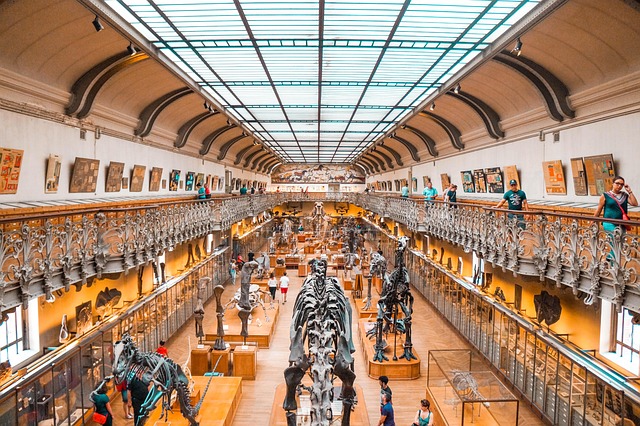The journey of existentialism is a fascinating exploration that spans centuries, bridging the gaps between science and modern philosophy. This evolution is not merely a timeline; it represents a profound shift in human thought, urging us to reflect on our own existence within the cosmos.
At its core, existentialism grapples with questions that resonate deeply within us: What does it mean to exist? How do we find purpose in a seemingly indifferent universe? As scientific advancements have progressed, they’ve forced philosophy to adapt and reconsider its fundamental premises. The evolution of existentialism tracks this intersection, illustrating how empirical inquiry influences our understanding of the human condition.
In the early 20th century, philosophers like Jean-Paul Sartre and Simone de Beauvoir emphasized the significance of individual experience and subjective reality. They embraced the absurdity of life, asserting that meaning must be created rather than discovered. This perspective was revolutionary, challenging the deterministic views of the past and elevating personal freedom to a central tenet of human experience.
As science uncovered more about the universe—through quantum mechanics, the theory of relativity, and advancements in neuroscience—our comprehension of existence evolved. The complexities of these scientific concepts prompted existentialists to rethink the nature of reality. If our universe is governed by probabilities, and our consciousness is merely a product of biological processes, what becomes of our quest for meaning?
This dialogue between science and modern philosophy continues today. With developments in artificial intelligence and biotechnology, existential questions about identity, consciousness, and the essence of being are more pertinent than ever. Are we simply evolving biological machines, or is there something more profound at play in our search for significance?
Modern existentialists draw from both scientific understanding and the rich traditions of philosophical thought, examining the implications these discoveries hold for our lived experiences. They invite us to confront the discomfort of uncertainty while recognizing the beauty found in our quest for understanding. The evolution of existentialism teaches us that even in the face of chaos and complexity, we have the power to forge our own paths and create meaning. This interplay between science and philosophy ultimately serves as a reminder of our shared humanity and the resilience of the human spirit in the search for answers.




